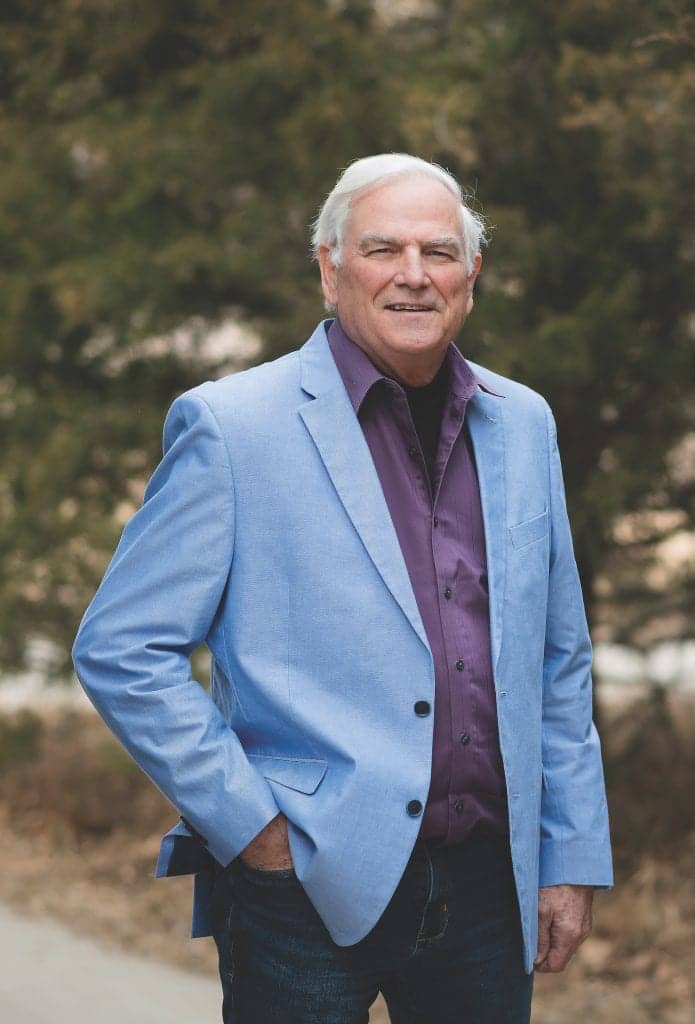The concept of concierge healthcare has caught on in various sectors of the medical world. Within hearing healthcare, the philosophy comes down to customizing the patient experience. After all, individual patients have differing needs and expectations, and some are willing to pay extra for the personalized attention.
For those who may need to spread out payments, a concierge approach may require multiple financing options. When patients can conveniently pay for products and services over time via companies such as Ally Lending, the core business needs are satisfied, allowing hearing care professionals (HCPs) to focus their expertise on what they do best—improving hearing.
Audiologist Robert M. Traynor, EdD, MBA, agrees that a service-oriented proposition should focus on options that enhance the overall patient experience, both in how the patient is cared for and how they pay for that care. To make that a reality, he investigates the various personality types that walk in the door.

“When you talk about concierge healthcare, it’s about how to deal with patients,” Traynor says. “I started doing the Keirsey version of the MBTI [Myers-Briggs Type Indicator] test on patients, which separated people into four categories.”
Traynor explains that knowing the four types can help audiologists personalize their approach.
- The guardian is somebody who likes a lot of detail. “About half of all patients are in this group,” Traynor says, “and a little more than half of audiologists can be described this way.”
- The artisans are more practical and don’t really care as much about the details. “They just want to come in, get taken care of, and get out,” Traynor explains. “Roughly 40% or so fall into this group.”
- The next group is called the idealists. Traynor describes these people as “those who care about relationships and building relationships in a harmonious kind of a situation, and when that doesn’t go well, they have problems. These are the people who really aren’t there for themselves. They’re there for the grandchildren, or because ‘My wife doesn’t like to talk to me very much now.’”
- The last one is rational, a.k.a. the engineer type. “These people need to understand everything,” Traynor says with a chuckle. “If I’m doing an evaluation, they want to know why we did this and how. What do these scores mean?”
Accommodating individual personality types is a perfect way to customize the patient experience. Meeting patients “where they are” references a state of mind, but in some cases it also applies to an actual physical location in the form of house calls. And until COVID-19, Traynor estimates that home visits were not all that popular. However, with seniors wary of traveling to places with a lot of foot traffic, those practices offering house calls can gain an advantage over and differentiation themselves from the larger medical centers and Big Box stores.
In his Sept 19 Hearing Review article entitled Developing a Sound Competitive Strategy, Traynor sums it up this way: “To succeed fully, patients need to perceive that there is no other place to obtain the product quality, service expertise, or the experience. Differentiation of a practice provides insulation against the competition by generating brand loyalty (to the providers, not necessarily the device), resulting in low patient sensitivity to price.”
While loyalty is key, it doesn’t mean price won’t matter. Lowering patient sensitivity to price also means offering convenient ways to pay for products and services. “Yes, the financing aspect is substantial,” Traynor confirms. “Financing companies are beginning to look seriously at our market, and that’s definitely a good thing, particularly when they keep the down-payments reasonable.”
To learn more about patient financing, visit: https://www.ally.com/consumer-financing/healthcare/





